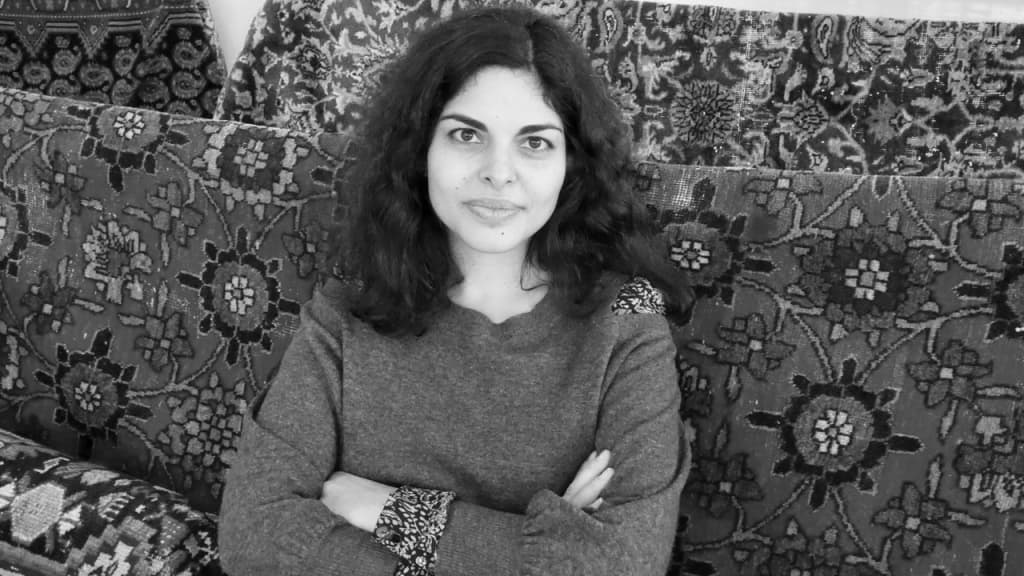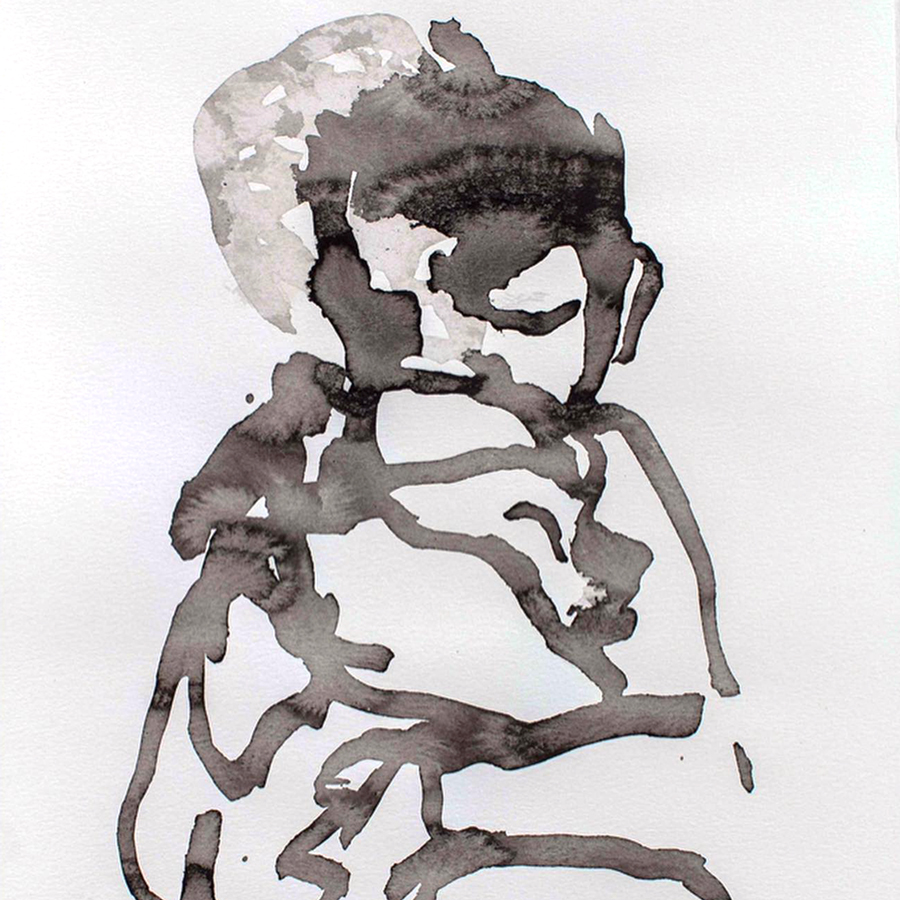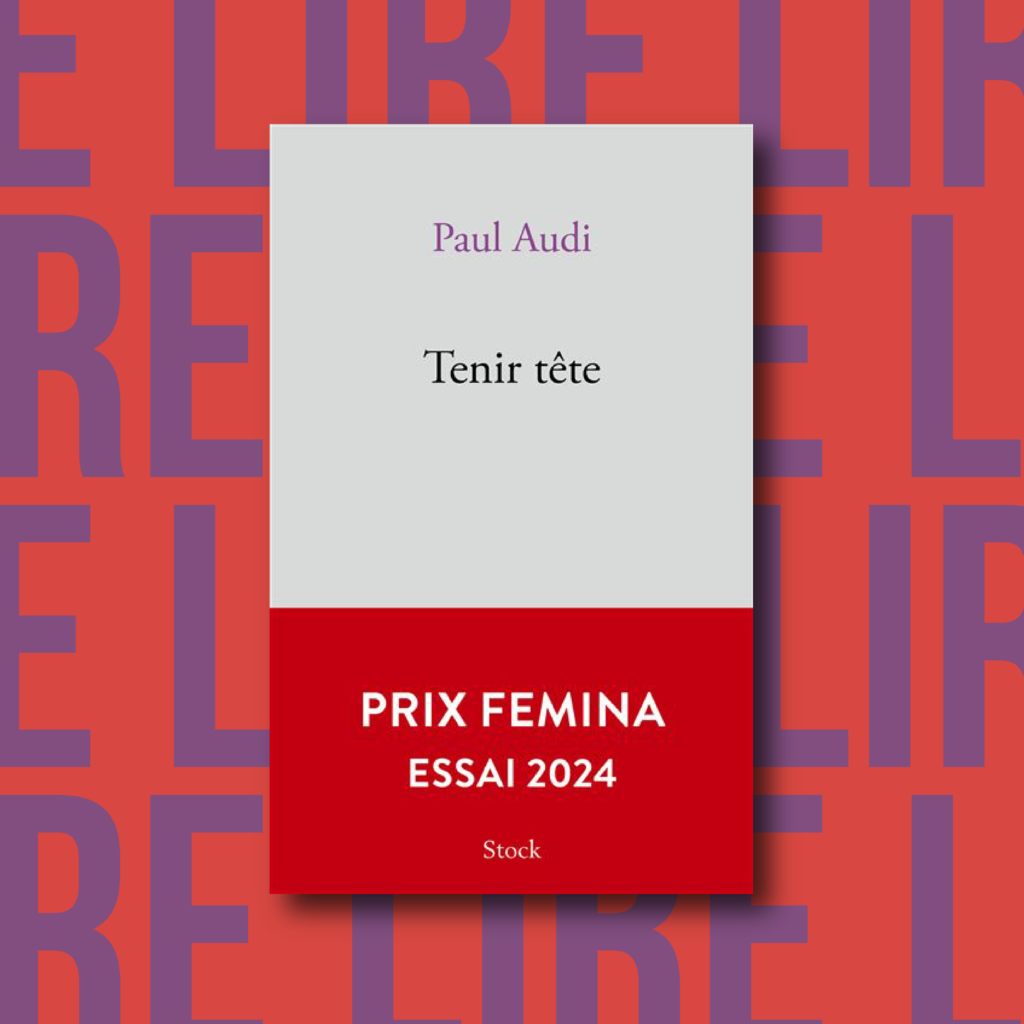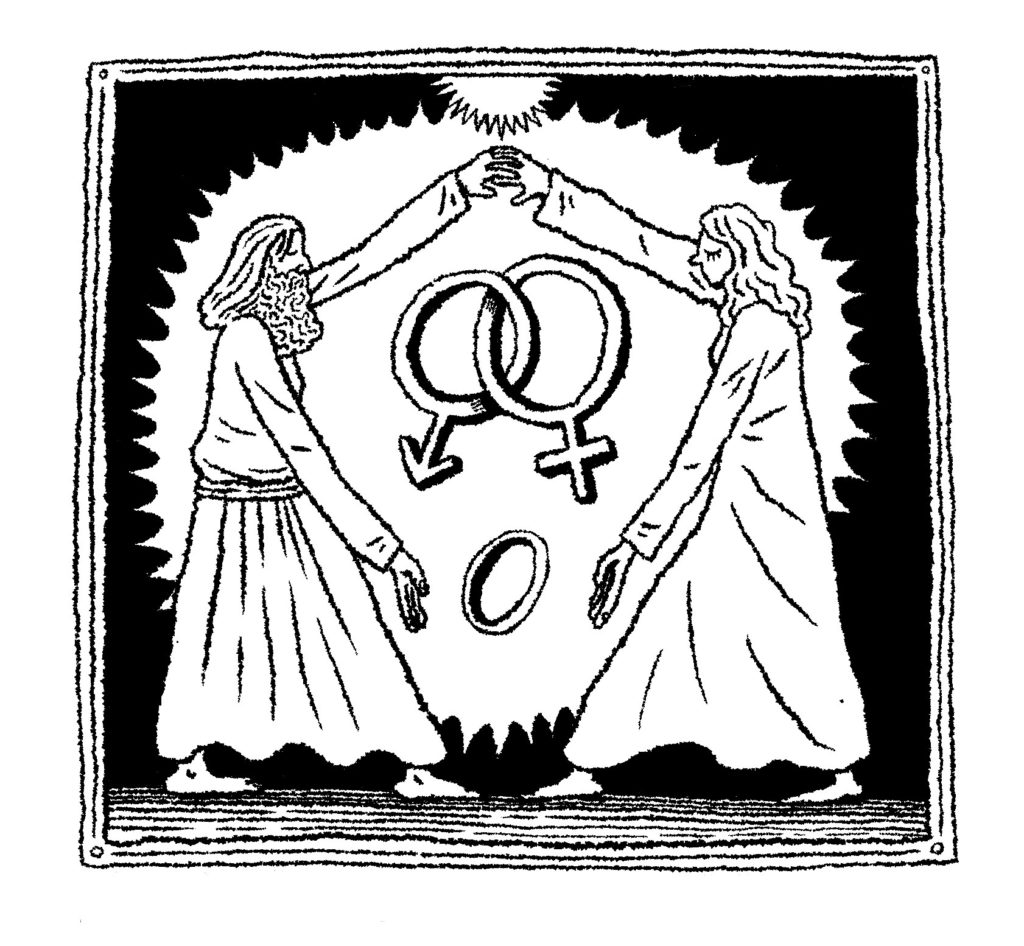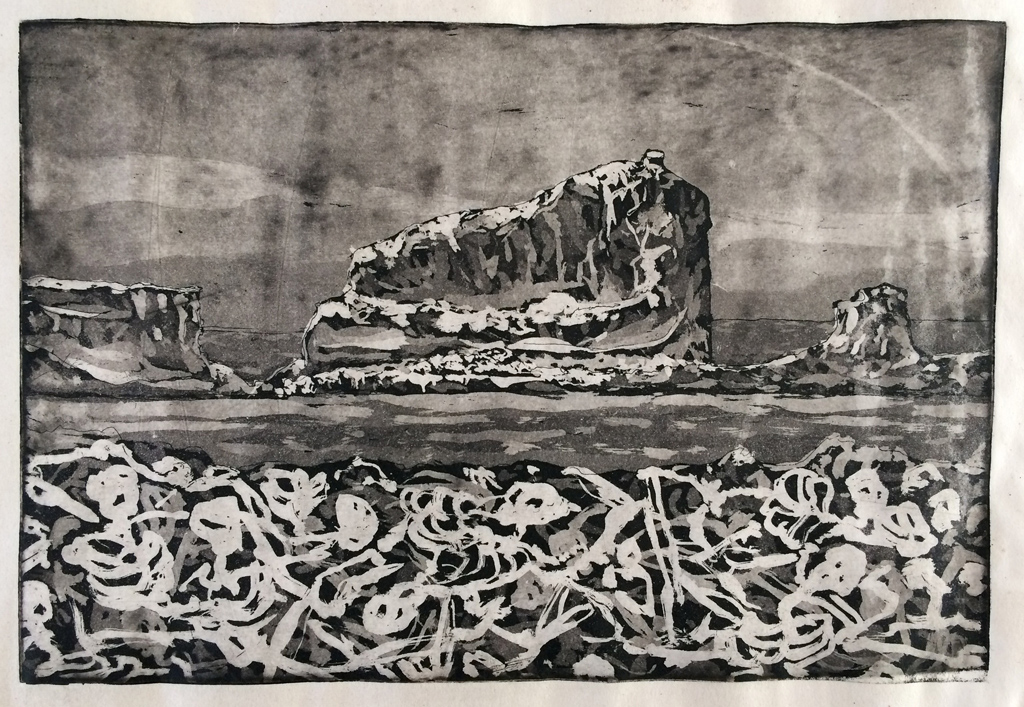
“The world doesn’t make any sense. I want to believe in something.” It is a familiar refrain among patients today, whose symptomology reflects the despair of a postmodern world—one that has turned its back on God and any religious narrative and, in so tearing down the established order, has lost all possibility of an ultimate guarantee of meaning. Does this apparent clarity regarding a lack of meaning caution these patients against an unwavering faith, particularly a faith in conspiracy theories ? I am of the opinion that it is quite the opposite : this exacerbated relationship with doubt often goes hand in hand with the belief in a nameless absolute that can take many shapes, at times opening the door to conspiracy theory.
A young woman struggling with depression came to see me to talk about how disillusioned she felt by a life that lacked meaning. She had begun questioning everything and said she wanted to believe in something. I was astonished when, later in the session, she mentioned a very strong commitment to a cause that seemed to contradict the sense of detachment she was lamenting. When I questioned her about this commitment, she told me, “There’s no point talking about it. For me, it’s obvious.” So obvious it didn’t warrant further exploration.
As I was listening to this woman, I began to question the value of what was obvious to her, the way in which it cut off any possible discussion—any conflict, any ambivalence. The issue has no bearing on the content of her commitment or the strength of her conviction ; it is a matter of structure. On the one hand, she feels the world has let her down and left her with nothing to believe in, everything seems meaningless. Reality feels like it lacks depth, and she wants to talk to me about her struggles. On the other hand, she indicates that the one place she assigns meaning, this ardent commitment of hers, is wholly off limits and cannot be spoken about. I have a thought : this woman may need to find a way to articulate this lack of meaning with this total meaning, this complete investment in a closed sphere.
The solution she found is not rooted in conspiracy. In contrast, this example illustrates the banality of a certain type of split relationship to the world that also operates on conspiracy theory. In all of these situations, disillusionment interacts with an absolute faith—and yet the two systems of belief never appear to intersect. Another young woman told me during one of our sessions, “I feel like I have two personalities.” I believe this disjunct within herself is the gulf between the faith of childhood and the disillusionment of adulthood. In the past, our social order organized this passage to adulthood by assigning each person a role whose meaning was guaranteed by transcendental values. Inconsistencies were tolerated due to faith in a divine order, one that was beyond understanding, that expressed from up above that which seemed inexpressible on earth. But in a world without a god—and therefore without any external guarantee—man found himself alone in the face of his and others’ desires, without a preordained path to confront otherness.
A century ago the leading psychic mechanism was repression, which bound desire and disillusionment together, masking conflict to civilize it and using the father figure to act as both prohibitor and protector. Our postmodern world lacks a third term to bind both types of conflict together, and splitting acts as a defense mechanism that allows them to coexist without influencing one another, protecting desire from the peril of being destroyed. But we do this at the risk of losing a sense of unity, of one’s own identity, which is what we call vulnerable narcissism. In such a world, any wavering from reality prompts the subject to cling to their beliefs, to their archaic need for omnipotence, as a way of reintroducing control through the illusion of a magical grip on reality.
Conspiracy theories are a response to the problems caused by the current state of the world. They are explanations that do not adhere to official or expert rationale, instead producing a unique causality that attributes a negative, malicious, mystical intentionality to the world’s evils. Instead of giving credence to the intersection of various intentional and chance causalities, conspiracy theories posit a sort of secularized and immanent gnosis where the responsibility for an evil rests squarely on the shoulders of a specific group. “I can’t stand not knowing, I want to know everything,” a third patient confided in me. We more secure knowing the cause of our suffering than feeling as if we are being delivered into the hands of chance. Recent conspiracy theories often revolve around figures of authority or power, such as the United States being accused of staging a terrorist attack on its own soil. Paradoxically, attributing a conspiracy can be seen as a way of returning power to an authority now seen as powerless, thereby avoiding the distress of feeling exposed to reality’s aftershocks during a fundamentally unstable time. Infantile omnipotence becomes a shield in the face of nihilism and the absurdity that threatens contemporary life. Conspiracy theory, as in paranoia, is split between the “bad”—projected to the outside and holding others responsible for any misfortune—and the “good”—allowing us to identify with the saviour, the only truly “rational” being.
THE BELIEFS THAT OFFER A SENSE OF IDENTITY
Conspiracy theories have gained traction in the Internet age because they have made it easier for communities to form around supernatural beliefs, offering a sense of identity to people who may feel like outsiders. Most of these theories involve instigators and followers, spreaders of fake news, charismatic leaders good at manipulating, and others. But, basically, what Octave Mannoni argues in his article “Je sais bien, mais quand même”1 beginning with Casanova, who claims to be a magician in order to dupe a young girl but ends up running away, terrified by an unexpected storm, is that the manipulator himself is a believer. He enjoys stirring up unwavering support for a cause because it gives credence to his own belief in that cause. He, too, is nostalgic for the magical world of childhood when he imagined he could directly influence the world. He, too, rejects the limitations of reality, the inconsistencies, oddities, and coincidences that make life, at the whims of destiny, so difficult to live.
The return of religion in its extreme forms and the spread of conspiracy theories are symptoms of a world that is losing its bearings. The inadequacy of collective responses to the world’s messes may lead people to search for a causality that suspends meaning and explains the cracks, at the expense of a black‐and‐white worldview that condones violence. The modern era forces each of us to do our own mental work to support this lack of guarantee and meaning, to forge our own path in history. As Freud proposed in Constructions in Analysis, analytical treatment may help us reconstruct new meaning out of fragments of the past. It is a way of inscribing a desire onto a reality that opens possibilities, rendering the notion of an external evil will groundless.
Translated by Arielle Aaronson
1. in Octave Mannoni, Clefs pour l’Imaginaire ou l’Autre scène, Seuil, 1969
Back to the text
